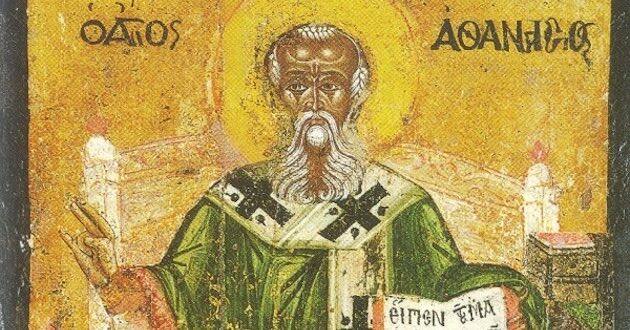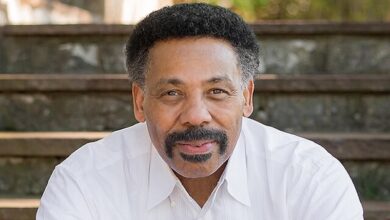On this day in history: Athanasius – Defender of Orthodoxy

Much of what we believe today about Christ today, being God in human flesh and the Trinity was articulated by Athanasius (295-373). He was from Alexandria, Egypt, and was raised in a Christian home. He was familiar with the extreme persecution of Emperor Diocletian as a boy before Emperor Constantine embraced Christianity. He had a teacher who was martyred and saw many others who suffered.
After the edict of toleration for Christians he served as an attendant at a catechetical school. He was educated under Alexander. Gregory of Nazianyum said, “Athanasius attained an extraordinary knowledge of the Scriptures.”
DONATE: Support Christian journalism. We need you.
While Athanasius was a student, the school of Alexandria was engaged in a debate over the true nature of Christ. Arius, a presbyter, and minister of an Alexandrian church said Christ was a created being who was inferior to the father. Alexander opposed Arius, insisting on unity in the Godhead. Athanasius later took up his teacher’s cause and debated Arius.
Athanasius’ views won the day in the first public declaration of the Christian faith after it was endorsed by the Roman Empire. The Council of Nicea had an Athanasian influence when it declared Christ was of the same substance with the Father and in essence was one with the Father.
READ: What a famous history of the fall of the Roman empire got wrong about Christians
The battle did not end though. Athanasius became bishop of Alexandria and Arius gained influence in his teaching leading to Athanasius’ exile from Alexandria. The debate raged for several decades, resulting in four exiles and returns for Athanasius. Some told him, don’t you see that the whole world is against you? He then answered, “It is then Athanasius against the world.”
He led to the acceptance of the New Testament books with his vestal letter in 367 A.D.
Athanasius’ views were popular when he died in 373. The present doctrine of the Trinity was the established doctrine of the church.
Athanasius spent his life asserting by word indeed, the true essential deity of Christ, the Son of God; the Word made flesh incarnate for our salvation. He has left quite a legacy. May we be devoted to God’s Word and make it clear to people the way Athanasius did.
–Information from Heroes of the Faith, by Gene Fedele.







